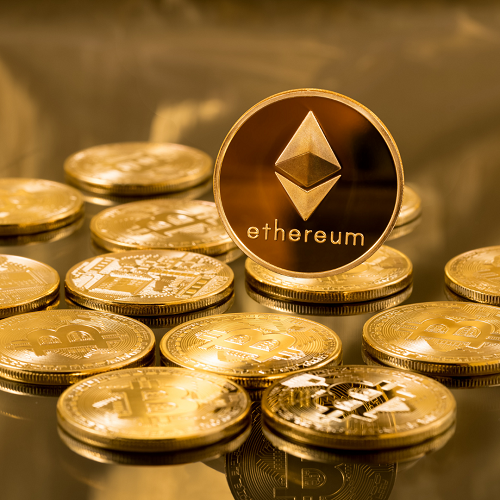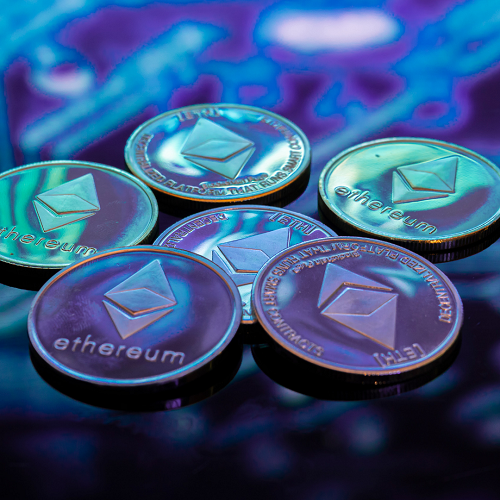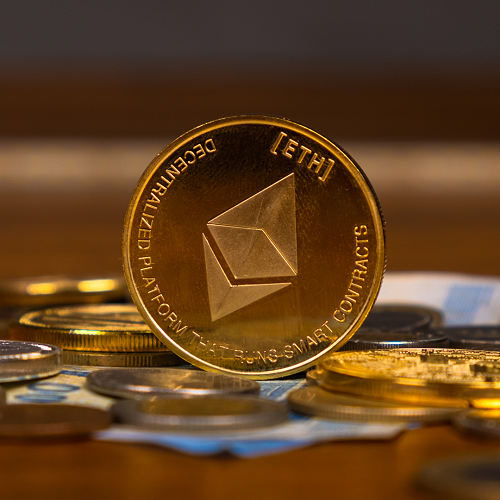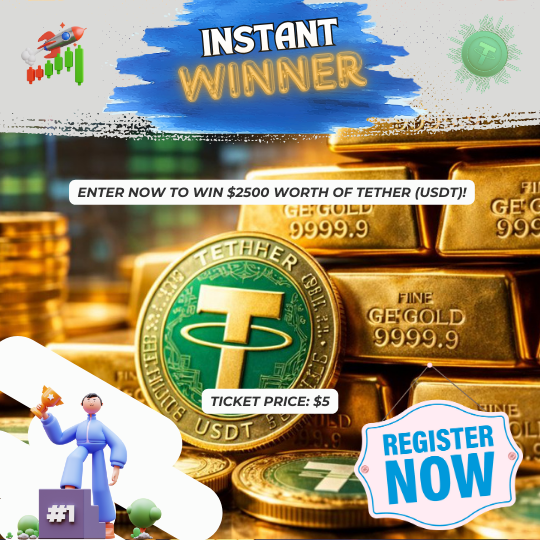CONGRATULATIONS TO JON BORTOIL TO WIN $2500 WORTH OF ETHEREUM!
Ethereum is a decentralized, open-source blockchain system that features smart contract functionality. It was proposed in late 2013 by programmer Vitalik Buterin and development began through a Swiss company, Ethereum Switzerland GmbH (EthSuisse). The network went live on July 30, 2015, with an initial supply of 72 million coins.
Here are some key features of Ethereum:
✫ Ether (ETH): The native cryptocurrency of the Ethereum platform. It is used to compensate participants who perform computations and as a means of transaction within the network.
✫ Smart Contracts: Self-executing contracts with the terms of the agreement directly written into code. They automatically execute and enforce the terms of the contract when predefined conditions are met.
✫ Decentralized Applications (DApps): Applications that run on the Ethereum blockchain, enabling developers to build and deploy without relying on a central authority.
✫ Ethereum Virtual Machine (EVM): The runtime environment for smart contracts in Ethereum. It is responsible for executing the bytecode of smart contracts.
✫ Consensus Mechanism: Initially, Ethereum used a Proof-of-Work (PoW) consensus mechanism, similar to Bitcoin. However, Ethereum has been transitioning to a Proof-of-Stake (PoS) mechanism, known as Ethereum 2.0 or Eth2, to improve scalability and reduce energy consumption.
✫ Decentralized Finance (DeFi): Ethereum has become the primary platform for DeFi applications, which aim to recreate traditional financial systems such as lending, borrowing, and trading on the blockchain.
✫ Non-Fungible Tokens (NFTs): Unique digital assets that represent ownership of a specific item or piece of content. Ethereum is the most widely used platform for creating and trading NFTs.






.png)